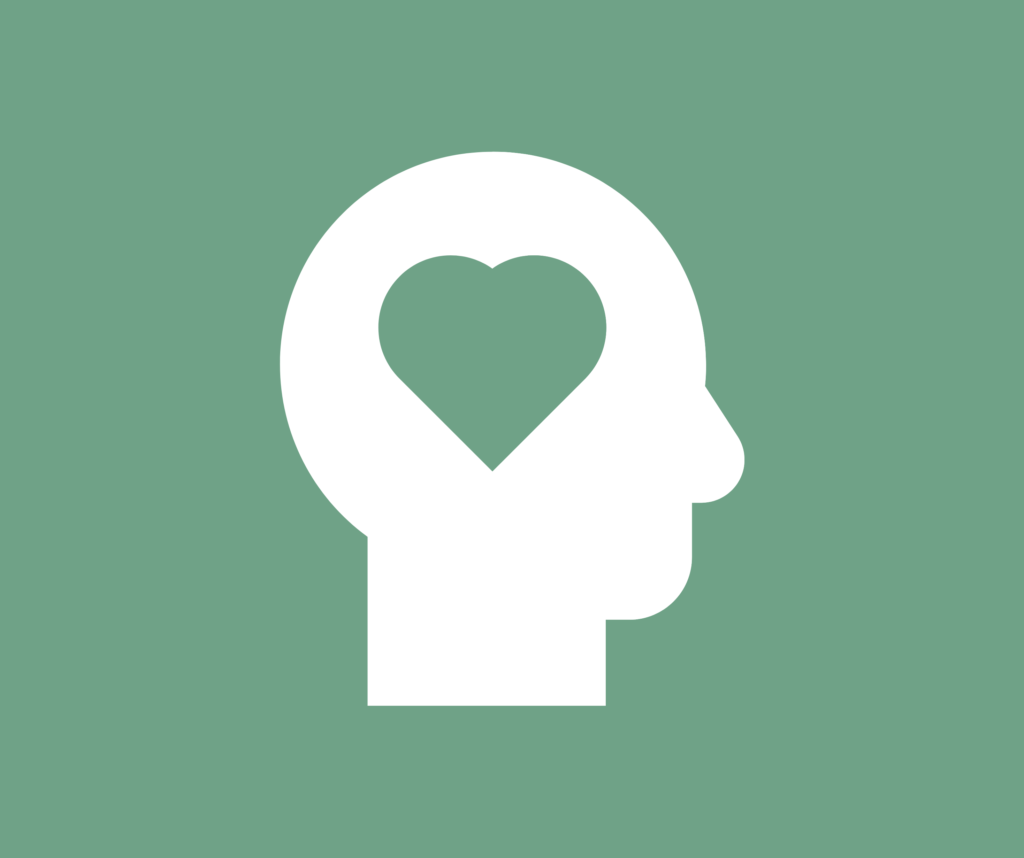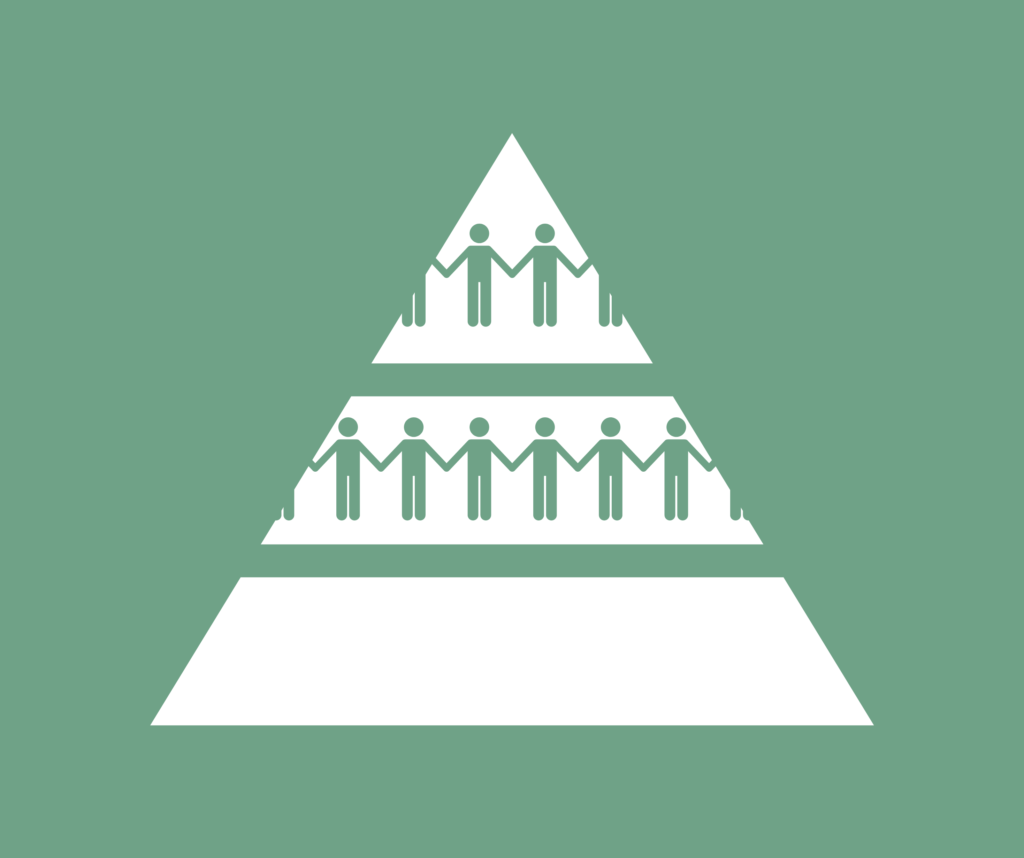

Student Well-Being
On this page, find resources and strategies for implementing a systems-level approach to student well-being, early intervention, tiered supports, and more.
Read about how Rhode Island supports opportunities for school district collaboration in support of student well-being.



